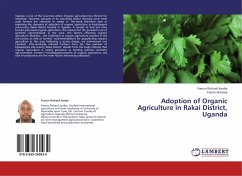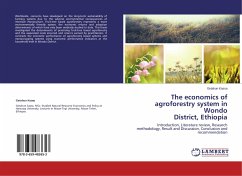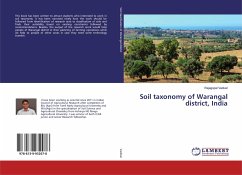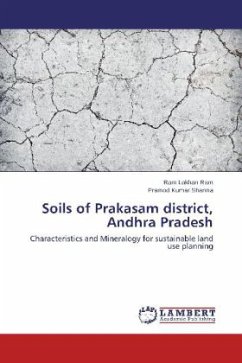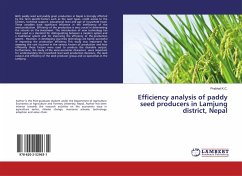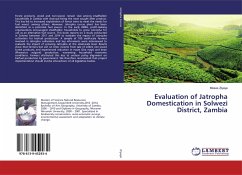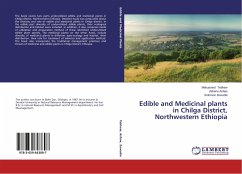Uganda is one of the countries where Organic agriculture has thrived for sometime. However, because of its perceived labour intensity some small scale farmers are reluctant to adopt it. This book therefore aims at exploring the dynamics of adoption of organic agriculture in Kyalulangira sub-county, Rakai district located in Uganda. It sought to find out how farmers perceived organic agriculture, the reasons for the persistent use of synthetic agrochemicals in the area, the factors affecting organic agriculture adoption , the challenges to organic agriculture practice in the sub-county as well as farmers recommendations for popularising organic agriculture in the area. Following a survey design, we interviewed one hundred fifty randomly selected farmers from the five parishes of Kyalulangira sub-county, Rakai District. Results from the study indicate that organic agriculture is mainly perceived as farming without synthetic agrochemicals. Farmers knowledge/awareness of organic agriculture and cost of production are the main factors influencing adoption.
Bitte wählen Sie Ihr Anliegen aus.
Rechnungen
Retourenschein anfordern
Bestellstatus
Storno

